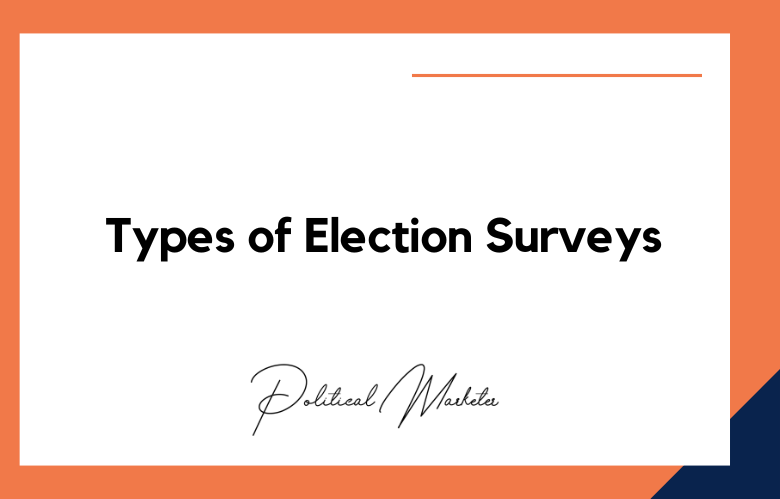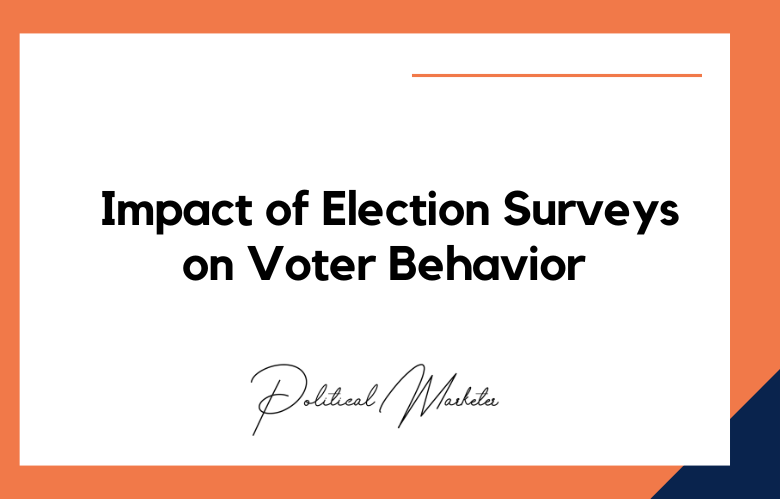Artificial intelligence is transforming the world, and the political landscape is no exception. Among its various applications, generative AI and ChatGPT are rising as new protagonists on the political scene.
These technologies allow political campaigns to automate some of their communication and messaging efforts and even create personalized interactions with voters.
This article will explore how Generative AI and ChatGPT are changing political campaigns and their implications for democracy.
What are generative AI and ChatGPT?
Generative AI is a subset of artificial intelligence that generates new data from input data. With generative AI, algorithms learn about a dataset and create recent examples with the same characteristics.
ChatGPT is an example of generative AI that can recognize patterns and generate human-like text based on that pattern recognition.
ChatGPT is an artificial intelligence tool that can replicate human communication. These technologies have become increasingly accessible to political campaigns, allowing them to leverage machine learning to enhance their communication efforts.
How are Political Campaigns Using Generative AI and ChatGPT?
Political campaigns are beginning to use generative AI and ChatGPT to automate their contact with voters.
For instance, campaigns can use ChatGPT to create personalized conversations with their supporters based on their previous interactions. This capability could help campaigns reach out to voters who may have become disengaged with the political process.
Generative AI can generate content such as campaign slogans and speeches, replacing staff hours and resources usually allocated to this activity.
What are the Implications of Using Generative AI and ChatGPT in Political Campaigns?
Using generative AI and ChatGPT in political campaigns is a double-edged sword. On the one hand, it could make political communication more efficient and personalized and help to connect more voters to the democratic process.
On the other hand, there are concerns that these technologies could be used to manipulate voters and spread disinformation. As generative AI can create false information and accuracy, it has the potential to be abused by malicious actors.
To that end, generative AI should be regulated in political campaigns to guarantee that it abides by ethical and political standards.
What are the Limitations of Using Generative AI and ChatGPT in Political Campaigns?
One central area for improvement in using generative AI and ChatGPT in political campaigns is its dependence on data.
Algorithms need to learn from data, which requires a lot of it. In political campaigns, these technologies are particularly efficient if there’s enough data from previous interactions to draw accurate conclusions.
However, if there is not enough data, or if the data comes from a biased population, the generated content could reflect that partiality. This factor could negatively impact political campaigns, leading to a loss of credibility and voter engagement.
What Does the Future Hold?
As AI technology advances, generative AI and ChatGPT will likely become even more sophisticated.
Their future impact on political campaigns is yet to be seen, and it will depend on how they are leveraged by political parties, activists, and other political entities.
However, there is no doubt that the ability to automate communication and messaging powered by generative AI could radically transform the political landscape and how voters interact with political parties.
The Impact of Generative AI and ChatGPT on Political Campaigns
Artificial Intelligence has transformed various industries over the past few years, and political campaigns are no exception.
Generative AI and ChatGPT are changing the political campaign landscape by implementing previously unexplored technology.
Using these technologies opens up a new world of opportunities, and political campaigns that leverage them can significantly improve their outcomes.
It aims to explore how generative AI and ChatGPT are transforming the political campaign landscape.
Conventional political campaigns relied on traditional methods, such as phone banking, canvassing, and door-to-door flyers. However, the advent of AI-powered chatbots and generative models has created a new solution.
Chatbots can communicate with voters 24/7, getting instant answers to their inquiries. Such an approach frees campaign workers to concentrate on critical areas, such as outreach.
The Power of Generative AI and ChatGPT in Political Campaigns.
As technology continues to advance, so does its power to change the landscape of politics.
Political campaigns are no exception, as generative AI and ChatGPT (Generative Pre-trained Transformer) are evolving to become valuable tools for politicians and political parties.
We’ll explore how generative AI and ChatGPT change the political campaign landscape and its implications.
Firstly, generative AI and ChatGPT generate personalized messages for individual constituents.
This personalized approach to political campaigning is proving more effective than the traditional one-size-fits-all approach.
Generative AI and ChatGPT technology analyze publicly available data on people’s interests, lifestyles, and voting history, then use that information to craft a message likely to resonate with that individual.
Such personalized messages are more effective than mass-produced advertisements for a broader audience.
Best Practices for Generative AI and ChatGPT Is Changing the Political Campaign Landscape
Personalization and targeting:
Generative AI and ChatGPT make it possible for campaign teams and candidates to create personalized and targeted messages that could resonate with individuals or a group of people.
In the past, the approach was more of a one-size-fits-all kind of communication, where politicians would craft their messages with a broad audience in mind without much thought about targeting and personalization.
But now, AI can help provide intricate knowledge about individual voter preferences by analyzing past behavior patterns or personalities.
Precise messaging and cost saving:
With AI, candidates can focus on specific issues concerning a group or individual voter instead of communicating a broader message that could miss the mark.
This technology simplifies messaging by presenting complex issues in understandable terms that are easily relatable to individual voters.
This increases effectiveness because, through AI technology, campaign teams can identify trends and communicate effectively while also saving money by targeting only the people deemed likely to vote and be influenced by the campaign.
This precision in messaging could lead to more efficient use of funds, votes from a previously uninterested group, and a culture of communication driven by data-driven insights.
Conversational AI:
An increasingly popular trend in politics is the use of conversational AI. This AI-powered mechanism enables a back-and-forth conversation with voters and campaign donors.
Through a voice-activated app, voters can interact with politicians or their teams using natural, contextual language.
Doing so saves candidates and teams the trouble of tasking staff members to answer individual queries, which otherwise can be done through an AI-enabled system.
Opinion tracking:
As part of AI-enabled technologies, politicians now have a new method of tracking the opinions of their voters along with their changing preferences over time. Traditional methods of opinion polls or donor tracking can be lengthy and expensive.
Still, AI can help campaign teams identify changing voter forms and notify them of trending topics. AI technology can also predict the probability of winning and track how well the campaign is doing.
Improved voter engagement:
By leveraging Generative AI and ChatGPT, political campaigns can now capture the attention of the younger generation, who communicate mainly with technology.
AI-enabled chatbots and quirky algorithmic pranks can attract the younger generation and help improve voter engagement.
In this age where the younger generation determines the direction of election results, the potential impact of this emerging technology on electoral campaigns is clear.
Conclusion:
Generative AI and ChatGPT are rapidly changing the way political campaigns are run.
While they have significant potential to improve campaigns’ communication with voters and enhance democratic engagement, there is also potential for misuse.
Therefore, it is crucial to consider the potential risks of AI in politics and regulate its application to ensure adequate ethical standards.
While the future of generative AI and ChatGPT may be uncertain, it will continue to shape political campaigns as they become even more popular and accessible.
Call: +91 9848321284
Email: [email protected]










